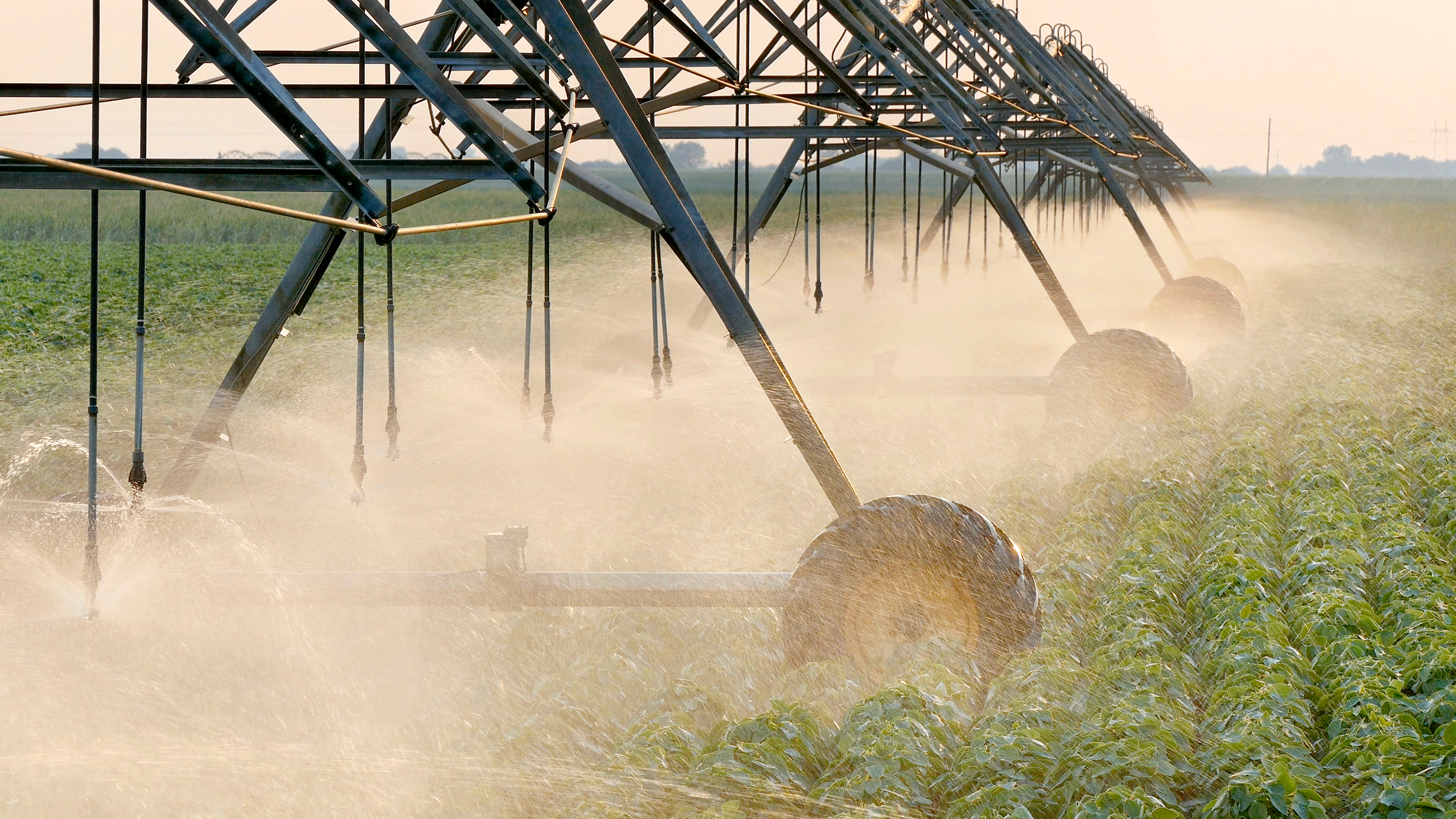Asilomar Bio, a San Francisco-based maker of chemical crop inputs has raised a $12.25 million Series B Round to bring it’s first chemical yield enhancement product to market.
This announcement comes on the heels of a licensing agreement with Koch Biological Solutions, which has secured global rights to commercialize and market products that contain Asilomar Bio’s technology, which encourages enhanced water efficiency, announced last week.
The round was led by Syngenta Ventures, with participation from ag retailer Wilbur Ellis’s Cavallo Ventures, biotech VC Mission Bay Capital and follow-on investors from the company’s $3 million Series A in 2015 Cultivian Sandbox, and Fall Line Capital.
Asilomar’s technology has applications for a range of crops, including all major row crops and plantation forestry. The patent-pending technology affects crop yield through control of water usage.
“The chemistry increases the abundance of cellular water channels and allows the plant to pull water out of the soil more efficiently – accessing more water when the soil is dry and using it more efficiently when it has plentiful water,” explained cofounder and CTO Travis Bayer.
The product is currently not only meant for drought conditions. Asilomar’s chemical input can make yields from an average year of rainfall in major row-crop growing climates as high as if rainfall was ideal, said the founders.
“One thing that we realized is that virtually every field out there does see some stress even in a good year. That really cuts into yield. The corn and soy growers who win the national yield competitions say to hit those record-high yields, your field has to never see a day of stress. Even a few days or a week of stress can hit your yield,” said Bayer.
Ron Meeusen of Cultivian, who sits on the board at Asilomar, told AgFunderNews that Asilomar demonstrated a remarkable understanding of the function of their first chemical two years ago when the agtech VC first invested.
“I’d be so bold as to say that most companies out there have microbes or extracts or materials that they believe show an effect in the field and they’re not really sure how it works. These guys have solid science right down to the plant physiology level and down to the biochemical and molecular level,” said Meeusen, who added that he initially invested when the company had just one compound and a few trials. Asilomar now has three seasons growing hundreds of field trials in both hemispheres and several more products in the pipeline today, according to Meeusen.
Asilomar will use the new funds to expand its team and get its first compound to market —as a foliar spray through the Koch partnership. The team is also working on a seed treatment for both row crops and specialty crops like fruits and vegetables with the same compound. The spray is likely to go to market in 2019 or 2020, says Bayer, pending EPA approcal, and the team has at least six compounds in line behind that.
“Yield enhancement and abiotic stress management are tough areas for companies to be differentiated. Asilomar’s technology excites me because they have very good physiological data on the mode of action of their pipeline products, and the class of natural products that they are working with should provide more consistent results than alternatives,” said Gabriel Wilmoth of Syngenta Ventures. Derek Norman of Syngenta Ventures will join Asilomar’s board.
Before raising venture capital, Asilomar received $1.5 million in grant funding from the Gates Foundation, the USDA, and the National Science Foundation.
Other companies using chemistry to enhance yields include Crop Enhancement, a startup using what it dubs “sustainable chemistry” to combat crop pests and increase crop yields in the tropics, which raised $8.5 million in 2016. Also in this category of agriculture biotechnology is Plant Impact, which makes crop enhancement inputs using synthetic chemistry and raised $5.1 million in equity financing on the London Stock Exchange in August. The company initially listed in 2006.





